The untold story of Carrie Fisher’s ‘Star Wars’ Stinson Beach photo shoot
The untold story of Carrie Fisher’s ‘Star Wars’ Stinson Beach photo shoot In the summer of 1983, Stinson Beach hosted Princess Leia and Darth Vader for a classic set of 'Star Wars' photos By Charles Russo, The San Francisco Gate, May 3, 2023 Princess Leia arrived to the beach with Darth Vader, a scruffy Ewok and one of Jabba the Hutt’s hefty henchman. Although it sounds like the setup for a joke you’d tell Greedo over drinks at the Mos Eisley Cantina, it happened 40 years ago, when Carrie Fisher showed up to Marin’s Stinson Beach for a “Star Wars: Return of the Jedi” photo shoot for Rolling Stone in the summer of 1983. The magazine had reached out to Los Angeles-based photographer Aaron Rapoport to tackle the assignment. Despite windy conditions, a crowded beach and three costumed subjects lumbering through the sand, the shoot resulted in a classic cover photo and showcased Fisher at the height of her “Star Wars” popularity. The magazine had reached out to Los Angeles-based ...
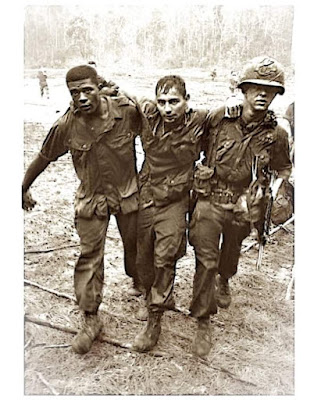

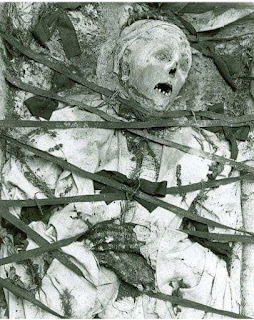
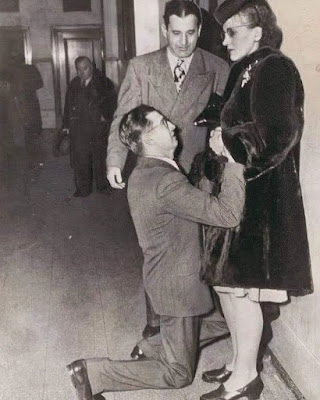
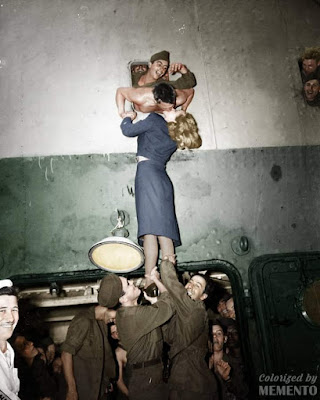
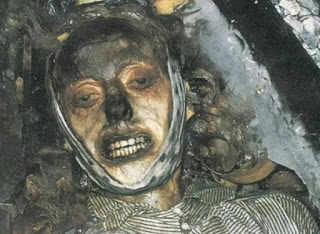

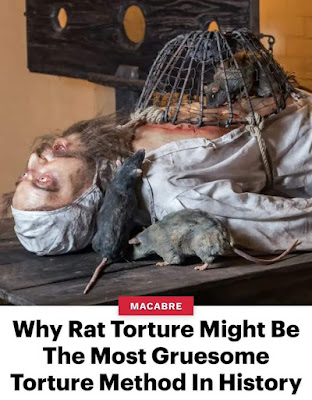
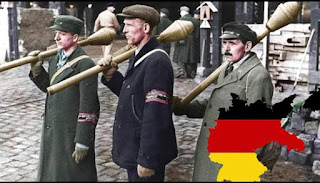
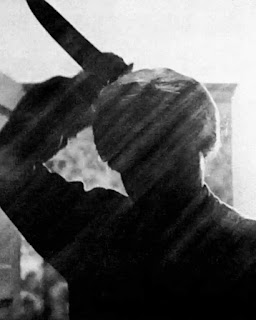
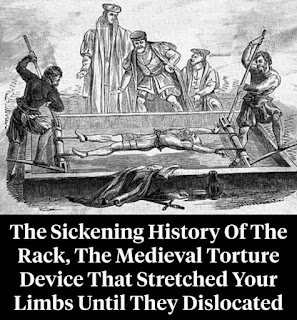
Comments
Post a Comment